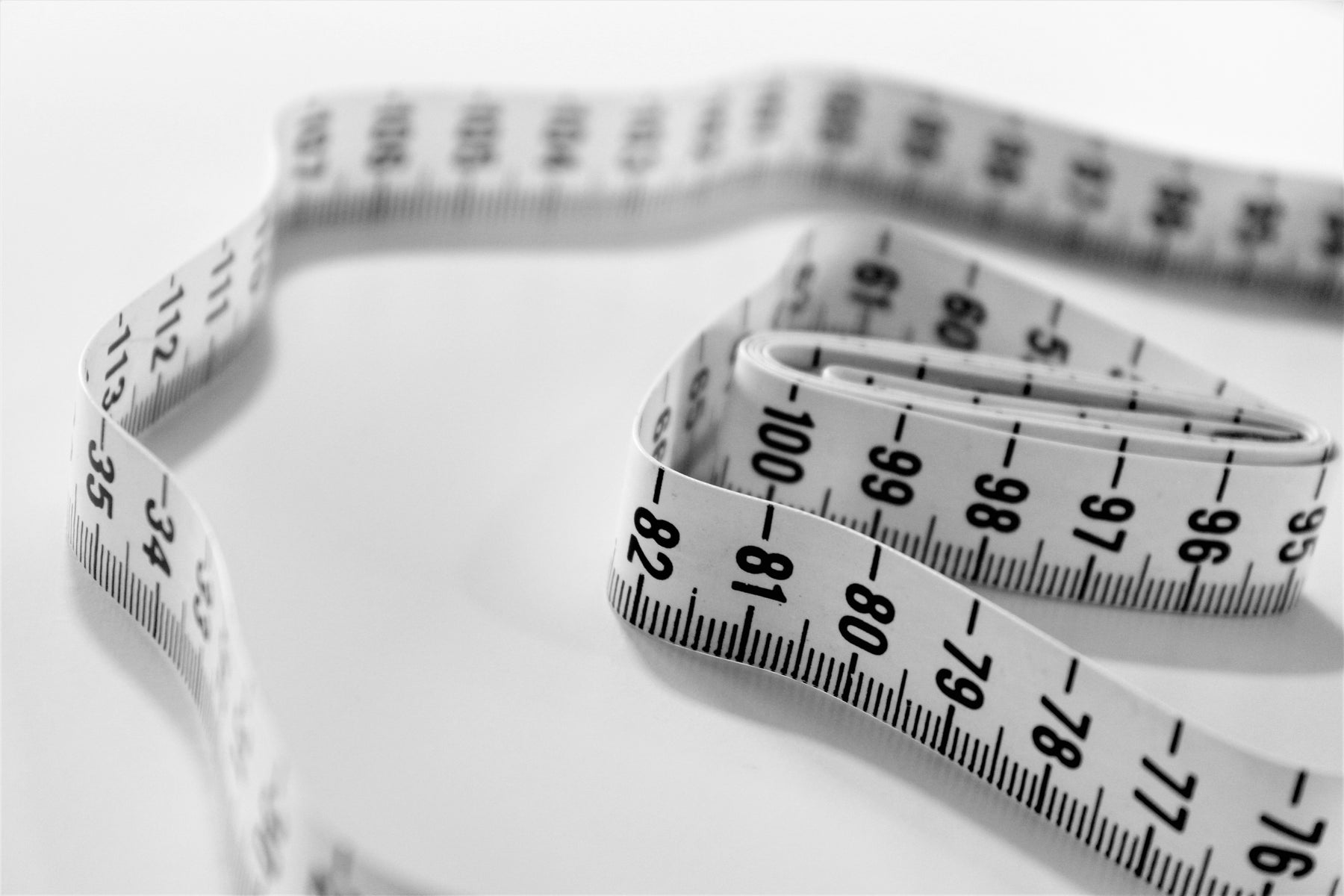
How To Lose Weight and Keep it Off
Are you tired of the endless cycle of yo-yo dieting and feeling frustrated with weight loss plans that just don't seem to stick? You're not alone. Many people have embarked on the journey to shed those extra pounds, only to find themselves back at square one, feeling defeated and disheartened. But what if we told you that this time could be different? We understand the challenges you've faced in the past, and we're here to offer practical, achievable strategies that will help you break the cycle, embrace a healthier lifestyle, and finally achieve the lasting weight loss success you've been longing for.
Make a Commitment
Committing to your weight loss journey is the first and most crucial step. Start by setting realistic and achievable goals. Whether it's losing a certain amount of weight, fitting into a specific clothing size, or improving your overall health, having clear objectives will keep you motivated. Create a plan that includes a balanced diet and regular exercise, and make a promise to yourself to stick to it. Remember, this commitment is not just about losing weight; it's about making a lifelong change for better health.
Stick to Your Diet (And Don't Be Too Rigid With It!)
Finding a diet that suits your lifestyle and preferences is essential. Whether it's a low-carb, Mediterranean, or plant-based diet, choose one that you can stick to in the long term. However, being too strict with your diet can lead to burnout and frustration. It's okay to indulge in your favorite treats occasionally, as long as you do so in moderation. This flexibility can help you stay on track without feeling deprived and make your weight loss journey more sustainable.
Include Easy Healthy Snacks in Your Diet
Snacking can be a part of a healthy diet if you choose the right foods. Incorporate easy, nutritious snacks into your daily routine to keep hunger at bay and prevent overeating during meals. Some great options include fresh fruits, vegetables with hummus, nuts, yogurt, or whole-grain crackers. These snacks can provide essential nutrients, keep your energy levels up, and help you stay satisfied throughout the day.
Read the Label/Enjoy Moderate Portions
Paying attention to food labels is crucial for making informed choices about what you eat. Look for products that are low in calories, sugar, and unhealthy fats, and high in fiber and protein. Additionally, practicing portion control is key to managing your calorie intake. Use measuring cups, a food scale, or visual cues (such as a fist-sized portion for carbohydrates) to ensure you're not overeating. Enjoying moderate portions will help you stay within your calorie limits while still satisfying your hunger.
Cardiovascular Exercise/Resistance Training
A combination of cardiovascular exercise and resistance training is highly effective for weight loss and overall fitness. Cardio exercises like walking, jogging, cycling, or swimming burn calories and improve heart health. Resistance training, such as weightlifting or bodyweight exercises, helps build muscle mass, which in turn boosts your metabolism. Aim for at least 150 minutes of moderate-intensity aerobic activity or 75 minutes of vigorous-intensity activity per week, along with muscle-strengthening activities on two or more days.
Say No to Diet Pills and Fad Diets
While it might be tempting to look for quick fixes like diet pills, it's important to avoid them. Many diet pills are not backed by scientific evidence and can have harmful side effects. Instead, focus on making sustainable lifestyle changes that include a balanced diet and regular exercise. These are the keys to long-term weight loss and health.
Don't be tempted by fad diets, either. While there are many rapid weight loss diets out there, successful weight loss happens over time! Fad diets often involve drastic changes in eating habits, such as severely restricting calorie intake or eliminating entire food groups. These extreme measures are difficult to maintain over time, leading to a high likelihood of abandoning the diet.
Drink More Water
Staying hydrated is an often overlooked aspect of weight loss. Drinking plenty of water can help control your appetite, increase your metabolism, and flush out toxins from your body. Aim for at least 8 glasses of water a day, and more if you're exercising or in hot weather. Drinking a glass of water shortly before meals can also help you feel fuller and prevent overeating.
Understand Your Hunger Cues
Learning to understand your hunger cues is an essential aspect of maintaining a healthy weight. Our bodies send signals to indicate hunger and fullness, but it's easy to confuse these cues with habitual or emotional eating. To distinguish between true hunger and other triggers, pay attention to physical signs such as a growling stomach, low energy, or difficulty concentrating. Before reaching for food, ask yourself if you're eating because you're hungry or because you're bored, stressed, sad, or even thirsty. Mindful eating practices, such as taking the time to sit down and savor your meals, can help you become more attuned to your body's hunger and satiety signals. By listening to your body and responding appropriately, you can avoid overeating and make healthier food choices that support your weight loss goals.
By following these strategies, you can lose weight and maintain a healthy lifestyle. Remember, the key is consistency, patience, and a positive attitude. Celebrate your progress, learn from setbacks, and keep pushing forward towards your goals.
